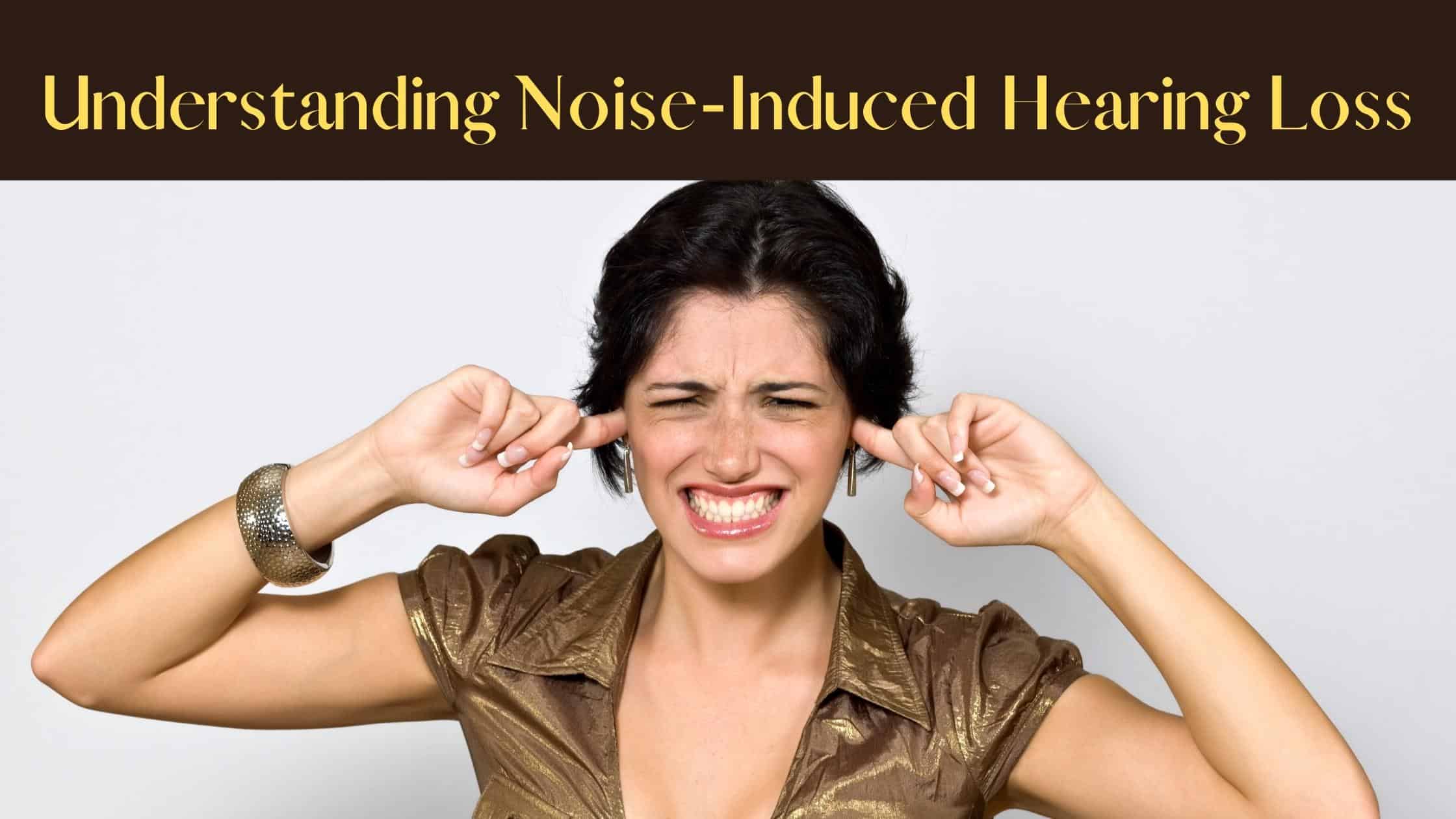
Of the two most common causes of hearing loss—age and noise exposure—only one is impacted by our own choices. As the years go by, we are ever more likely to develop age-related hearing loss, but there are steps you can take to address noise-induced hearing loss before it causes permanent damage. Whether it originates from consistent exposure in the workplace over time or a single event of extreme noise, there may be steps you can take to prevent noise-induced hearing loss. Let’s begin with the nature of this condition before proceeding to preventative measures you can take.
The Cause of Noise-Induced Hearing Loss
Looking from the outside, the causes of noise-induced hearing loss include loud sounds that emit enough pressure to damage the inner ear. However, these sounds can occur as a single extremely loud event or continuous exposure to loud sound over time. How loud does a sound need to be to cause damage?
Although single-event causes of noise-induced hearing loss tend to be very loud explosions or gunshots, everyday sounds pose a risk when they are over 85 decibels. The duration of exposure makes a difference. Although you would need somewhere around 8 hours of consistent exposure to a sound at 85 decibels to incur damage, only a few minutes is necessary when it comes to sounds above 110 decibels.
With this principle in mind, you might wonder what is happening inside the ear when this exposure takes place. The tiny hairlike organelles called stereocilia are responsible for sensitively detecting differences in sound pressure. Though their sensitivity is what makes it possible to differentiate between subtle changes in language and music, that feature is also what makes them so susceptible to damage.
When these sensitive structures are exposed to loud sound, they can become bent, broken, or otherwise damaged, effectively turning off sound reception in that tiny window of frequency. When enough of these stereocilia are damaged, noise-induced hearing loss takes place.
Preventing Noise-Induced Hearing Loss
To date, there is no known solution to bring back the stereocilia once they have been damaged. However, there are steps you can take to prevent many forms of noise-induced hearing loss.
First, hearing protection is necessary when you must be exposed to loud sound. If you work in a loud industrial site, firearms practice range, or even an entertainment venue with loud music, you might be exposed to damaging frequencies on the job. While you are there, don’t forget to wear hearing protection suited to the environment. Even wearing disposable foam earplugs will reduce the overall decibel level, but you can seek more advanced protection for many workplaces.
If your hobbies and leisure activities expose you to this kind of sound, you need hearing protection, as well. Custom-fitted earplugs help you hear in the essential frequency ranges while blocking out the most damaging sounds. In some cases, noise-cancelling earmuffs can be worn, but these can make it difficult to communicate on the job or during recreation. In addition to wearing protection, limiting your exposure to very loud sound will remove the cause of hearing loss at its source.
One of the hidden dangers when it comes to noise exposure is the use of earbuds or headphones. With the increase in audio media available streaming directly to our smartphones and devices, it is ever more common to use these headphones, but the sounds projected directly into the ear can be as loud as a live concert in many instances.
If you find yourself playing music, movies, or even podcasts and audiobooks at full volume, you might be causing irreversible damage. Take stock of the amount of time spent on these devices, as well as the maximum volume you use. You can even install an app that sends you a warning when the decibel played through your headphones crosses a decibel threshold.
Finally, if you are concerned that you have already incurred noise-induced hearing loss, the time is now to schedule a hearing test with us. Once you have a diagnosis of your needs, we can recommend hearing aids that can fill in some of the gaps in missing hearing ability, making it possible to re-engage with the sounding world once again.
